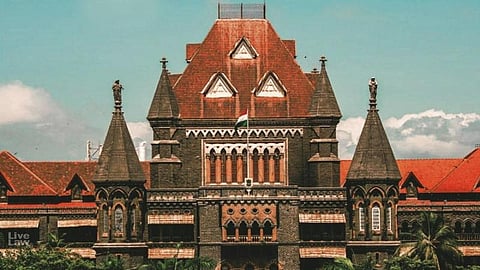

IN A RECENT AND WIDELY DISCUSSED RULING, the Bombay High Court held that the provisions of the Sexual Harassment of Women at Workplace (Prevention, Prohibition and Redressal) Act, 2013 (POSH Act) do not apply to complaints of women advocates against their men counterparts, on the ground that there exists no employer-employee relationship between advocates and Bar Councils. The judgment, delivered in UNS Women Legal Association v. Bar Council of India (2025), has ignited strong reactions from legal circles and women’s rights advocates, and for good reason.
The court’s reasoning rests on a narrow technicality: that since advocates are not employed by the Bar Council, the POSH Act cannot be triggered. But this interpretation, while legally defensible on paper, leaves a significant vacuum in protection for women in the legal profession. Women advocates are active participants in the workplace, appear in courts, work in chambers, argue cases alongside men colleagues, and yet, if they face harassment in this professional environment, they are left without the benefit of the robust and structured redressal mechanism provided under the POSH Act.
Instead, the Court directed that such grievances be addressed under the Advocates Act, 1961, particularly Section 35, which allows for disciplinary action in cases of professional misconduct. However, this mechanism, while important, is not a substitute for the POSH Act. The latter was enacted specifically to address the sensitive nature of sexual harassment, offering a time-bound, specialised, victim-sensitive mechanism, including provisions for interim relief, ICC-led inquiries, and non-retaliation safeguards, elements the Advocates Act does not prioritise.
What this judgment inadvertently suggests is that women lawyers, despite being key players in the justice delivery system, are not entitled to the same protections as women in other professions. It creates a dangerous precedent, that the legal fraternity, ironically the guardian of rights, remains outside the purview of laws meant to protect dignity and safety in professional spaces.
Moreover, a harassment-free workplace is integral to the right to live with dignity under Article 21. By excluding women lawyers from POSH protections, the judgment compromises their constitutional guarantees of dignity, bodily autonomy, and professional safety.
The solution cannot lie in exempting a whole profession. If the POSH Act hinges on workplace structures and employer-employee dynamics, then perhaps it’s time for Bar Councils to mandate chambers with ten or more members to be directed to constitute Internal Complaints Committees. After all, the workplace has evolved, and so must the law’s interpretation of it.
This judgment reminds us that legal formalism should not eclipse the lived realities of women professionals. The independence of the legal profession must not become a loophole for immunity. Women advocates deserve protection, not legal gymnastics.
It is hoped that this decision sparks wider debate and legislative or regulatory reforms to bridge this glaring gap. Because if the law cannot protect those who uphold it, then whom does it really serve?